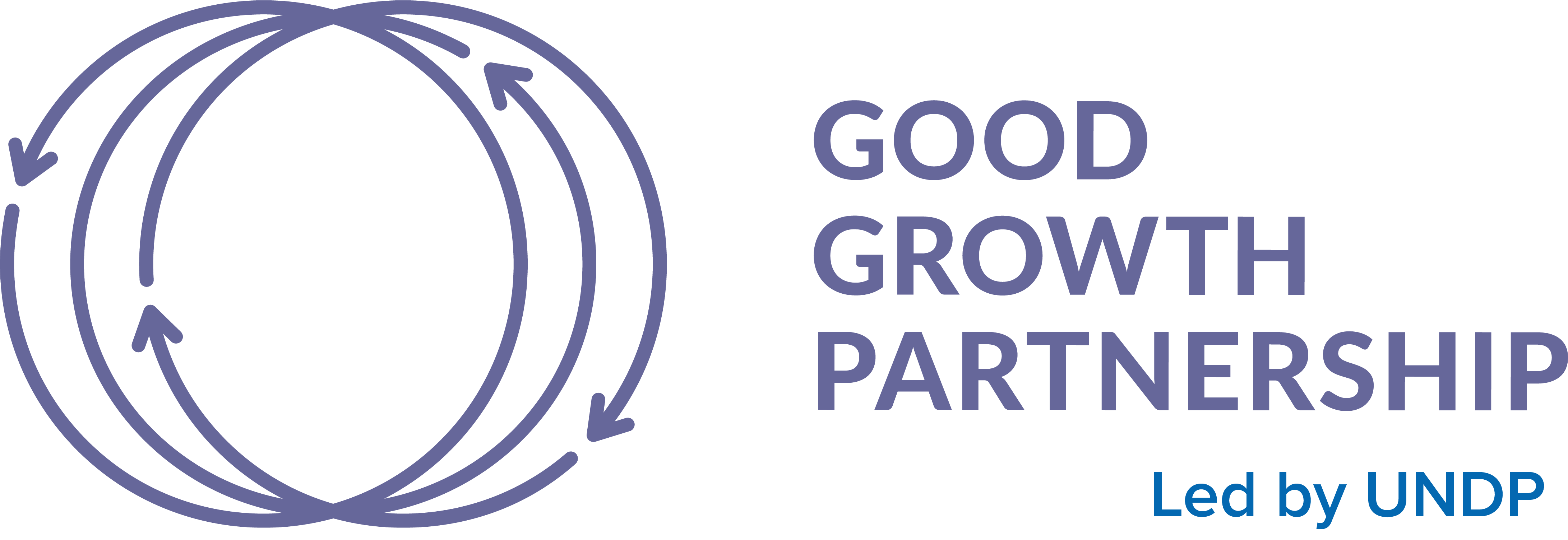Sustaining the world’s remaining forests and their biodiversity has been a priority for environmental policy and action for decades. Limiting deforestation is vital to meeting the Paris Agreement (Article 5) and is a central component of the Nationally Determined Contributions (NDCs) of many governments. Success also is critical for realizing the Sustainable Development Goals (SDGs), in particular SDGs 13 and 15 covering life on land and climate change. Yet despite the diverse initiatives committed to reducing deforestation driven by commodity production, net global tree cover loss has continued year on year. In 2018 alone, 12 million hectares of tree cover were lost from the tropics of which 3.6 million hectares were primary forest. At the same time, the commodities that drive deforestation – predominantly soy, beef, palm oil, timber, coffee and cacao - are not only critical to global food supply, but are major components of economic development in tropical countries, providing a route out of poverty for millions of poor farmers and families. These forests are also central to the cultures and livelihoods of thousands of indigenous peoples and smallholder farmers. Change cannot be achieved without the buy-in, benefit and participation of these stakeholders.
Stay updated with the latest information
Sign-up for our newsletter and get updates sent directly to your inbox.
© 2025 FOLUR.org is governed under World Bank Privacy Policy and Terms of Use







